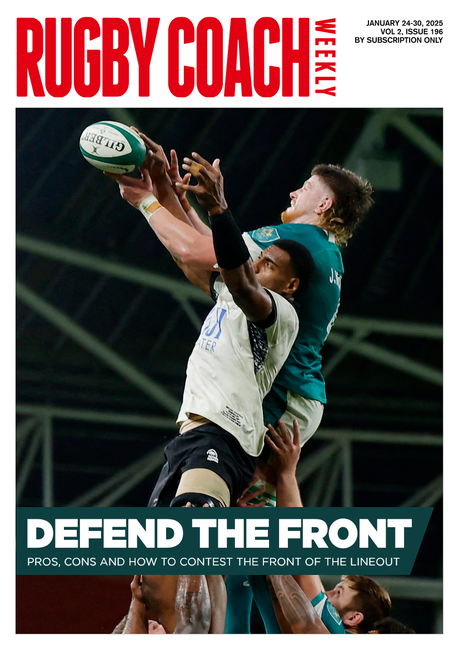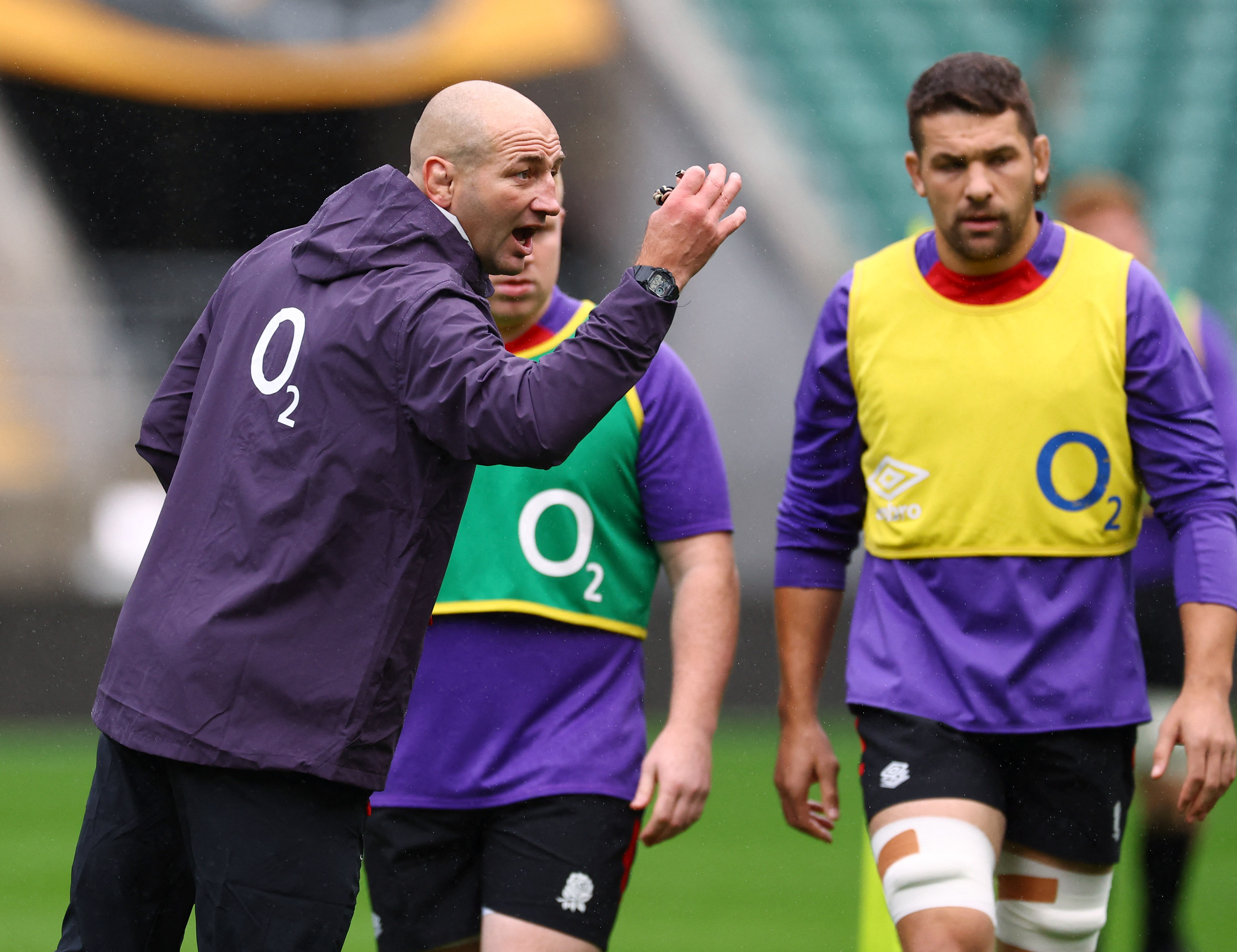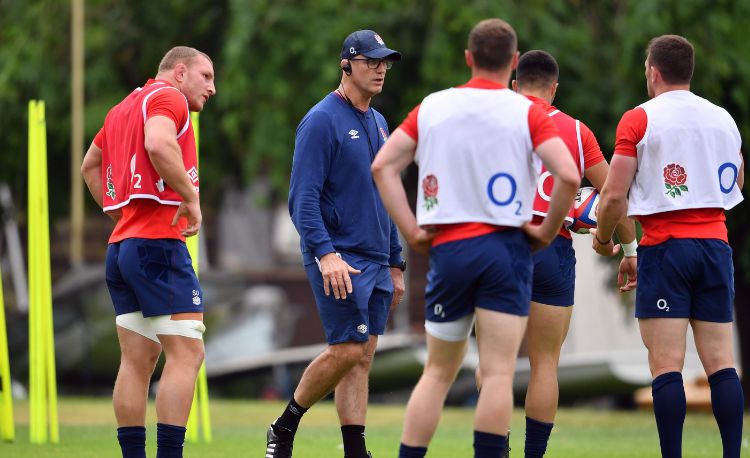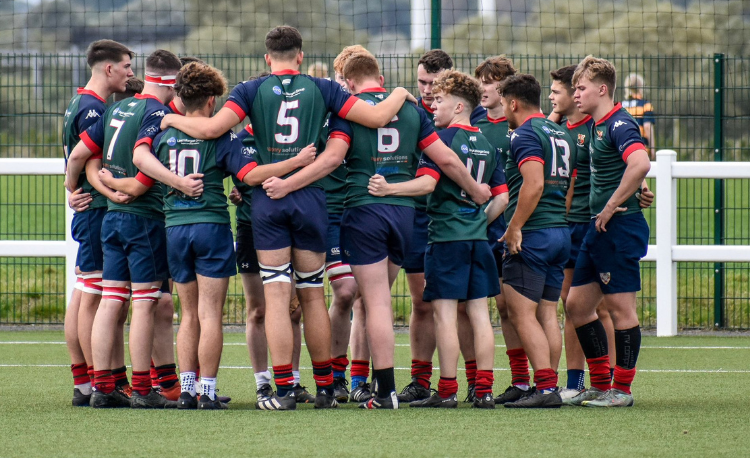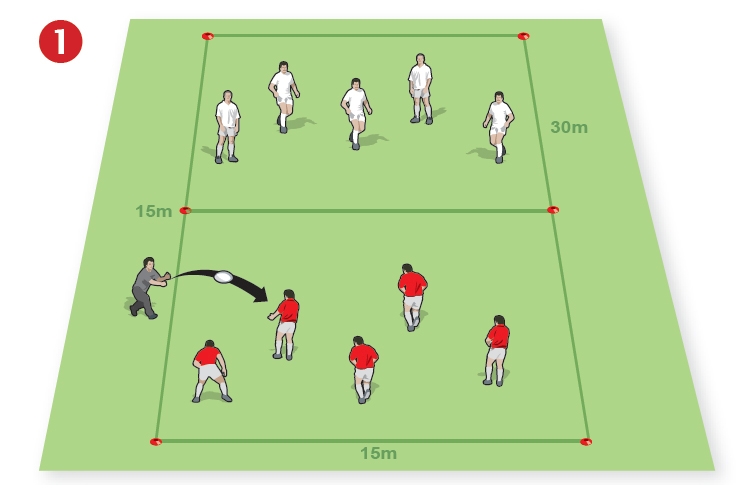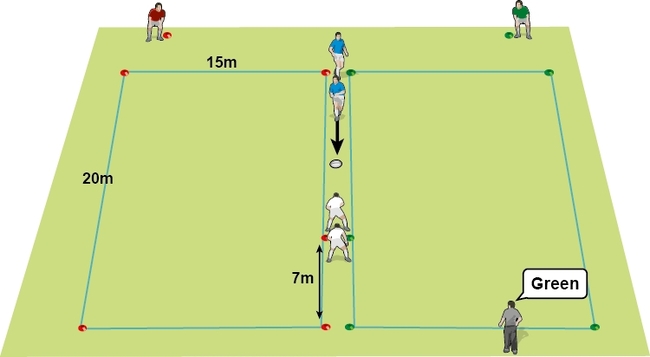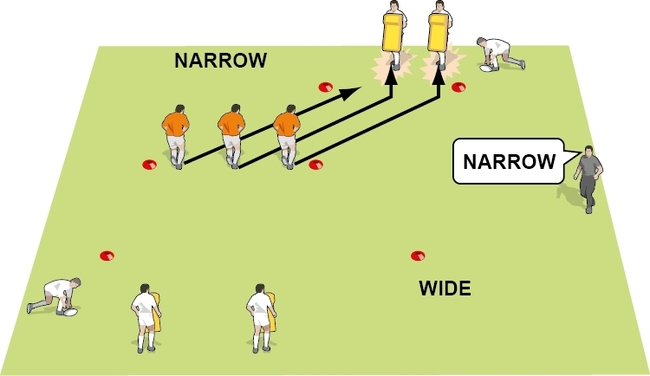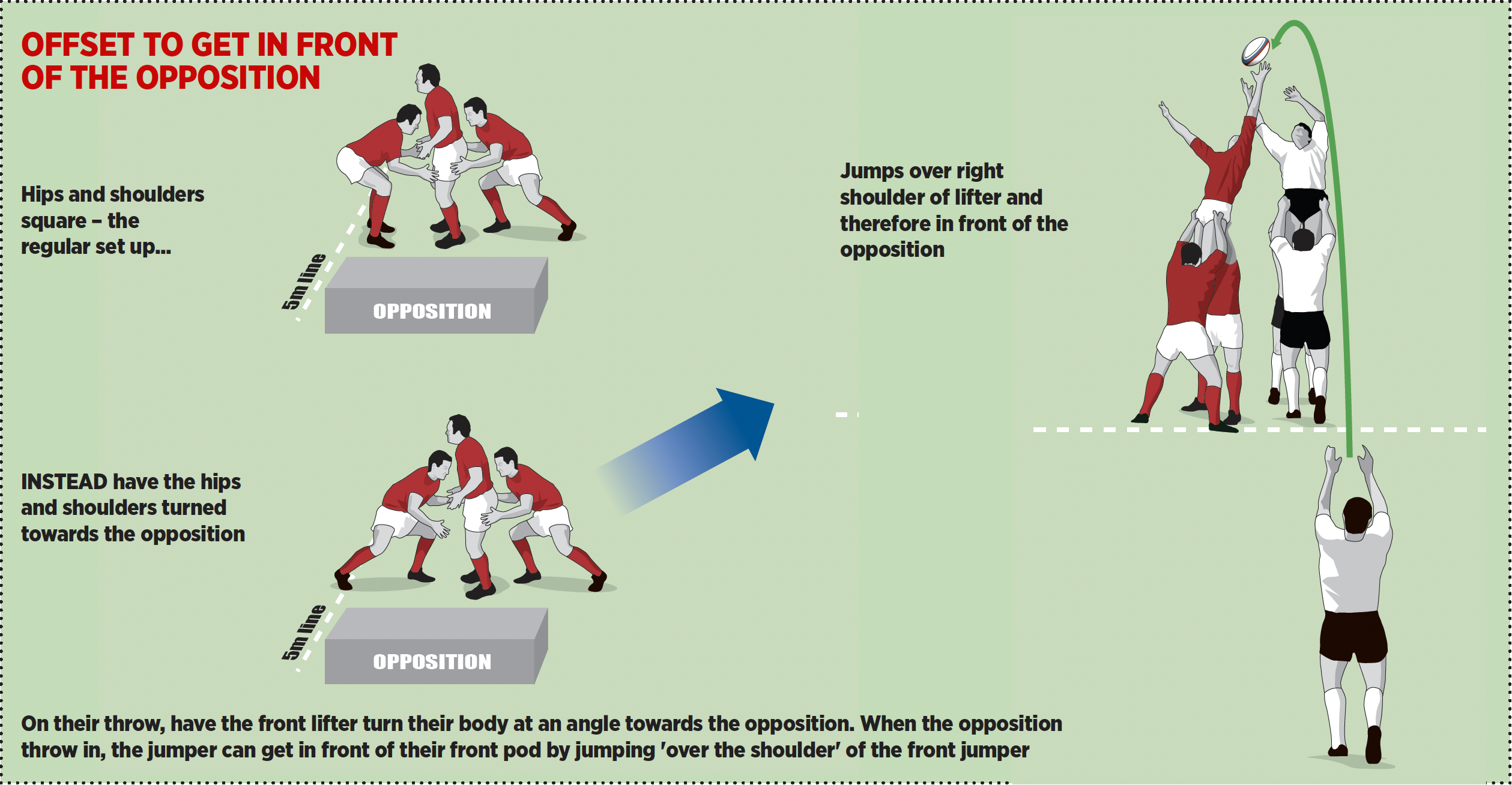Dealing with difficult parents

The toughest coaching assignment is often not the child but the parent. And difficult parents make it even harder.
Don’t worry! Most kids’ coaches have had to face the following behaviour:
- Arguments over selection: “Why haven’t you picked my child?”
- Disagreements with coaching methods: “My son says you don’t…”
- Clashes with other parents over their children: “My daughter is being bullied by…”
- Disruptive behaviour at matches.
If you haven’t yet, you will do. So what can you do to try and alleviate the problem before it becomes a far bigger issue?
- First and foremost, remember that the parent loves their child and only wants what is best for them. If they did not, they would not be bothering you.
- Don’t shame parents - you are unlikely to get the response you require. Ask them open ended questions that allow them to answer and reflect. They may well answer some of their own questions and concerns?
- Give them confidence that you are working together and try to ensure that they know that it is not all their problem.
- If confronted by a parent who is upset, angry, or aggressive, try not to react. Certainly do not carry on the conversation in public. At that point in time it is unlikely that any issues are going to be resolved amicably. Adopt a 48 hour cooling off period and schedule a face to face conversation.
- Emails and phone calls can often be misinterpreted as you are unable to recognise the facial and emotional expressions of the person at the other end.
- During a meeting, make notes of the conversation. It will allow you to refer back in the future and give you some evidence if required - it may also take some of the sting out of the parents grievance. Try not to interrupt, listen well and don’t be too defensive.
- If a parent hurls insults or finds one issue after another, try not to hear them all and take them personally. Find some positives in what their child is doing and achieving.
As with many of @WWPIS messages to our coaches, if you can see an issue brewing or you are aware that a parent is going to be unhappy, try and get there first and be proactive in your communication.
They may still not like the news they are being delivered but they will at least have time to reflect and calm down as opposed to reacting to something that has come as a complete surprise.
Remember, one of the biggest stressors for parents is the element of surprise particularly when it negatively affects their child - do your best to keep this to a minimum.
TOP TIP 1
Walk and talk. Have a conversation while you do a circuit of the playing area. It reduces lots of barriers, avoids direct confrontation and becomes more like a conversation than a meeting.
TOP TIP 2
Deal with the behaviour, not the person. Instead of using language that suggests the parent is wrong, just focus on the action in general instead. For example: “We are keen to keep our language on the sidelines positive. Can you help us do that?” rather than, “Your language on the sidelines is abusive and is harmful and inappropriate.”
Newsletter Sign Up
Coaches Testimonials

Gerald Kearney, Downtown Las Vegas Soccer Club

Paul Butler, Florida, USA

Rick Shields, Springboro, USA

Tony Green, Pierrefonds Titans, Quebec, Canada
Subscribe Today
Be a more effective, more successful rugby coach
In a recent survey 89% of subscribers said Rugby Coach Weekly makes them more confident, 91% said Rugby Coach Weekly makes them a more effective coach and 93% said Rugby Coach Weekly makes them more inspired.
Get Weekly Inspiration
All the latest techniques and approaches
Rugby Coach Weekly offers proven and easy to use rugby drills, coaching sessions, practice plans, small-sided games, warm-ups, training tips and advice.
We've been at the cutting edge of rugby coaching since we launched in 2005, creating resources for the grassroots youth coach, following best practice from around the world and insights from the professional game.

